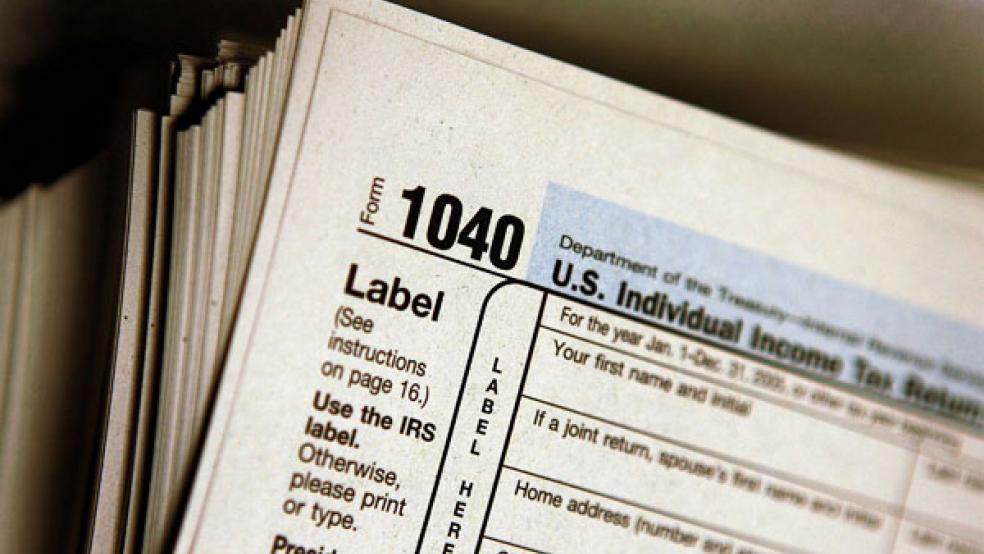President Trump claimed last week that middle-class workers would see a $4,000 “pay raise” if his corporate tax reforms are passed, but there were questions about how the administration arrived at that number. On Monday, the president’s Council of Economic Advisors released a paper that offers an explanation.
The CEA, led by economist Kevin Hassett, argues that in the past, increases in corporate profits reliably delivered increases in workers’ pay as companies plowed some of their earnings into productivity-enhancing investments, but that relationship has broken down over the last 25 years. The culprit, in their view, is the offshoring of corporate profits: When U.S. businesses keep profits overseas to avoid higher corporate tax rates at home, they invest less domestically, which results in lower productivity and stagnant wages.
Lowering the corporate rate from 35 to 20 percent, the report says, would mean more profits are recorded in the U.S., providing a boost to domestic investment while driving up productivity and wages. Average household incomes would rise by “at least $4,000” a year, the paper says, calling the estimate conservative. “When we use the more optimistic estimates from the literature, wage boosts are over $9,000 for the average U.S. household,” the report adds.
Like What You're Reading? Sign Up for Our Free Email
The analysis is controversial, due to the assumptions it makes about the causal relationship between profits and wages, as well as the assumption that corporations will invest funds made available by a tax cut in the U.S. rather than distributing the money to shareholders. One essential issue is the extent to which the burden of corporate taxes falls on workers. Republicans argue that a substantial amount of the tax is paid for by employees, though most economists disagree. (Quartz has a more detailed breakdown of the claims here.)
Critics were quick to reject the new analysis. “Based on the empirical record, the corporate tax can be counted on to boost profits, not wages,” said Jared Bernstein of the Center on Budget and Policy Priorities. “The trickle-down chain from higher after-tax profits to more investment to faster productivity growth to U.S. workers’ paychecks may show up in CEA’s model, but it hasn’t been operative in the real world for decades.”
Senate Minority Leader Chuck Schumer called the analysis “fake math,” adding that the lack of wage growth despite record stock prices and strong corporate profits is “proof positive that companies already have a cash windfall, but they're not using it to boost wages.”




